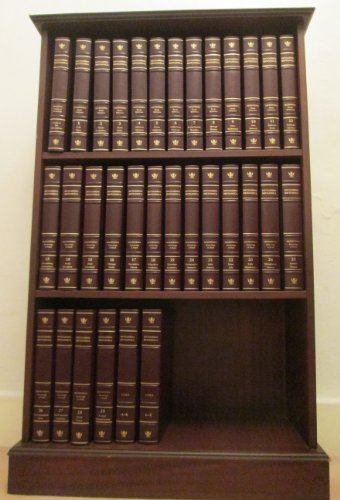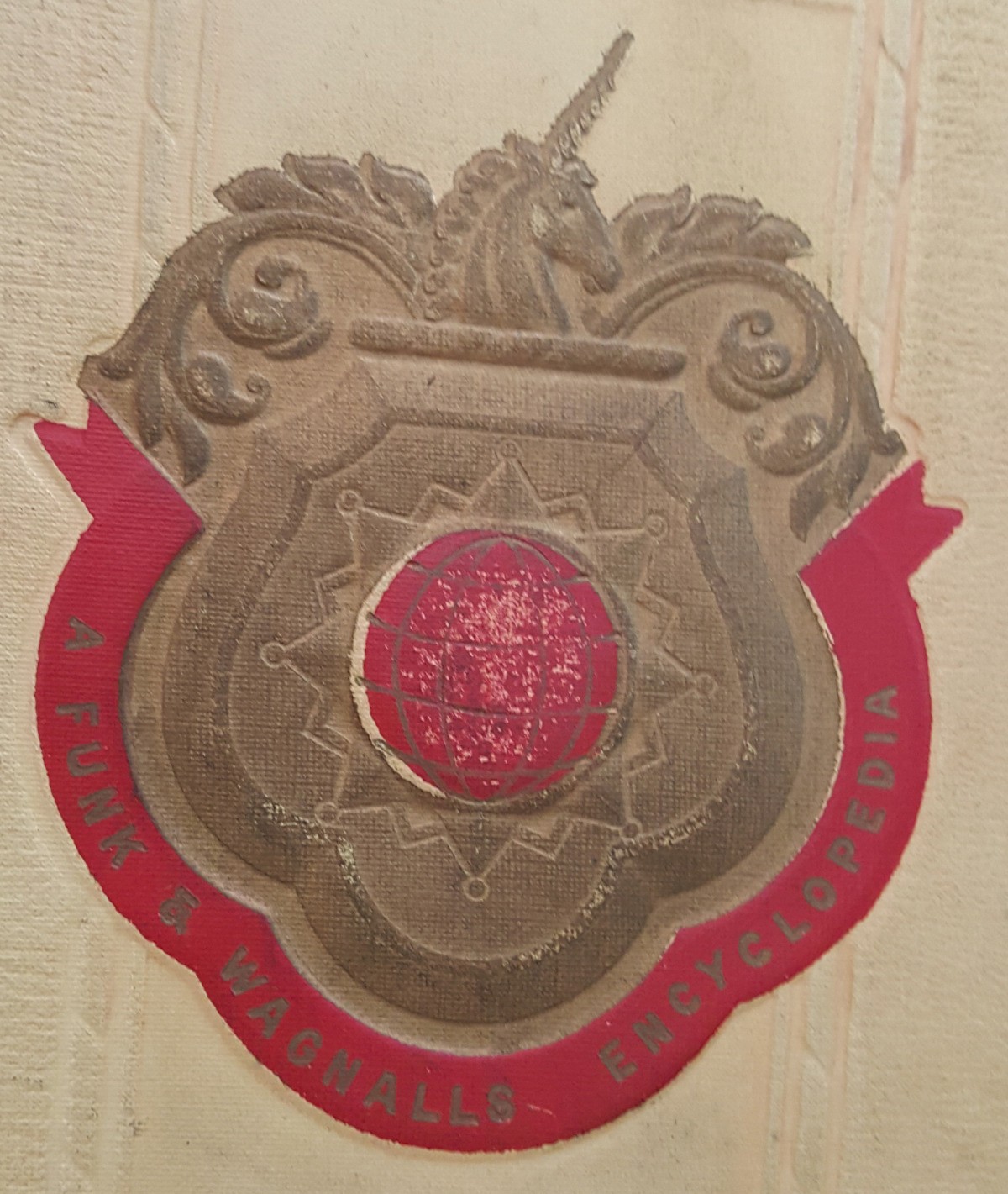

Then Kelsie teaches Brooke a little bit about just how far back you can take this theme. In this episode Kelsie and Brooke are introducing the first theme of the season: Empresses, Monarchs, and Politicians. And yet-in 6th-century Merovingian France, where women were excluded from noble succession and royal politics was a blood sport-these two iron-willed strategists reigned over vast realms, changing the face of Europe." Intrigued? So were we! Her sister-in-law Fredegund started out as a lowly palace slave. Puhaks promotion reads, "Brunhild was a foreign princess, raised to be married off for the sake of alliance-building. The book is about two real life women who ruled most of Western Europe during the Middle Ages and none of us have ever heard of them, because that's what their successors wanted. This episode, Kelsie and Brooke learn from Shelley Puhak, author of a new book The Dark Queens: The Bloody Rivalry that Forged the Medieval World, which you can preorder now. We get into the nuances. You can find Stollberg-Rilinger's book at the Princeton Review. There is a prevailing mythology about her that endures, despite the fact that her reign is also known for its aggressive religious intolerance. She rules during the Enlightenment, abhors enlightened people, and yet likely was one herself. She is a woman judged for her gender before her merit, she ruled while a mother of 16 children and considered the grandmother of Europe as so many of her decedents went on to play crucial roles in future conflicts.

Maria Theresa is, like many historical figures, a complicated one.

Barbara Stollberg-Rilinger to discuss her research and upcoming book on Maria Theresa, one of the most powerful women of Europe. In this episode, Kelsie and Brooke sit down with Dr. Support our work at Find lesson plans at Įducators! Get professional development credit for listening to our podcast! Head to our website and complete the form and we will send you your certificate. His name is Judge Clarence Thomas and he is still on the bench. A man was allowed to sit on the court having committed what today would be a fireable offense against women. In this episode we discuss whether we should believe Anita Hill and how her experience revealed gross social inequity in our country when it comes to whom we believe, whether the experiences of women and particularly women of color matter. She went public and her testimony was heard around the world. Sexually harassed by her former boss, she was quiet until he was nominated for the Supreme Court. While not a politician by trade, Hill became political and the turning point in a women's movement. Our friends Leah and Rachel from Hashtag History join us on this weeks episode to talk about their favorite topic: Anita Hill.


 0 kommentar(er)
0 kommentar(er)
